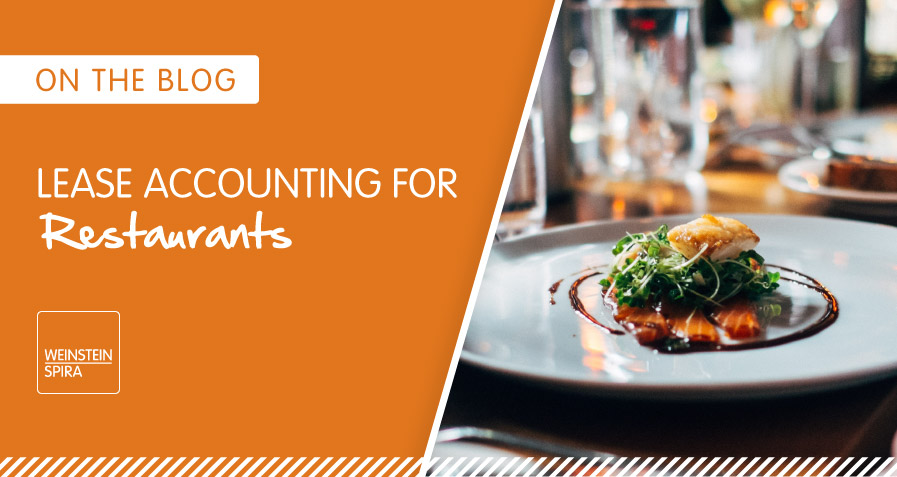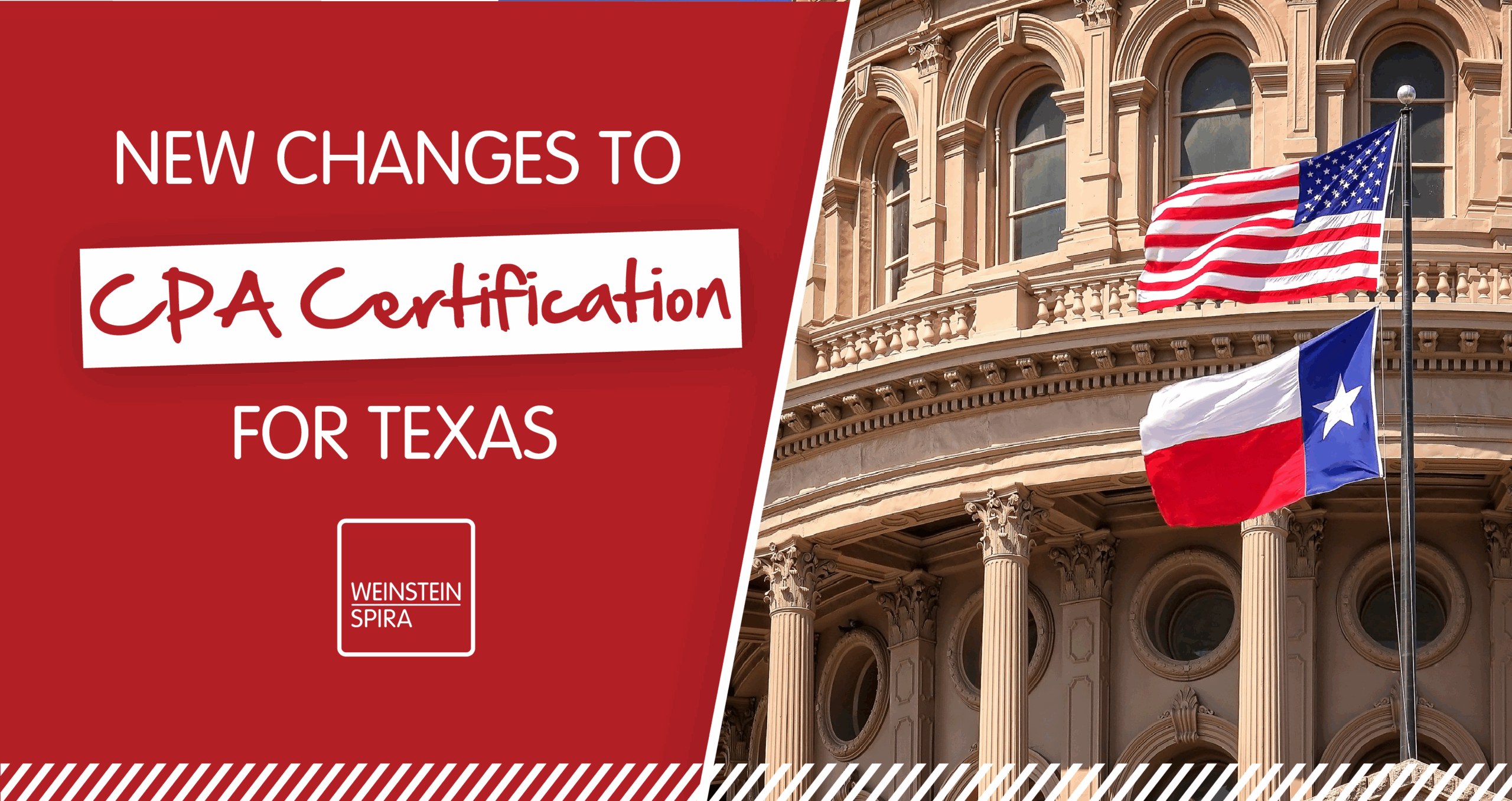In case you haven’t heard…a new accounting standard is coming that will affect accounting for business leases of all kinds for the calendar year ending December 31, 2022 (for privately owned businesses). In this blog post, I will focus on restaurant leases as this standard will have a large impact on restaurants chains with multi-location operations. Not only will it affect leases of the rental space, itself, but also all the kitchen equipment, delivery trucks, etc. Anything that is rented will be impacted, as opposed to purchased property or fixtures.
What is Different?
This generally accepted accounting principle (GAAP) applies to long-term operating leases which are those longer than 12 months. The new standard requires that they be reported on the balance sheet as a “liability” at the present value of the lease payments. In the past, operating leases did not appear on the balance sheet at all; they were expensed when lease payments were made.
What is the Same?
You may be familiar with this type of accounting if you have ever had a capital lease. With capital leases, ownership is transferred at the end of the lease or there is a bargain purchase option that allows the lessor to buy the equipment for one dollar when the lease is over. Capital leases have always been on the balance sheet. The new standard is simply bringing operating leases onto the balance sheet in a similar manner.
Why it Matters
For starters, rent is typically one of the biggest items on a restaurant’s income statement. Therefore, it will create a large liability on your balance sheet, negatively impacting your debt to equity ratio. This ratio shows the health of a company and is used to determine how much financing is done through debt versus equity (also known as a leverage ratio). The main concern is if you already have certain debt to equity thresholds that you are not allowed to fall under because they are covenants set by an existing lender. By adding the lease liability to the balance sheet, a company may no longer be in compliance with its existing covenants.
If your restaurant is required to produce a financial statement for a potential lender, it may have to be prepared in accordance with GAAP, which means this rule would need to be followed. Likewise, if you are having your financial statement audited or reviewed, it will also need to follow this standard.
How to Prepare
Although the new standard is not going into effect immediately, you may want to start talking to investors or bankers to let them know about the change in advance, so it is not a surprise when they see this lease accounting item on your financial statement for the first time.
To get your questions answered about lease accounting for restaurants, and to help figure out the impact on your restaurant business, contact Weinstein Spira or your CPA. You can also refer to a previous blog post for more technical information, New Year, New Lease Standards (posted January 2019). Note that the effective dates mentioned in that post have been extended to 2022.



